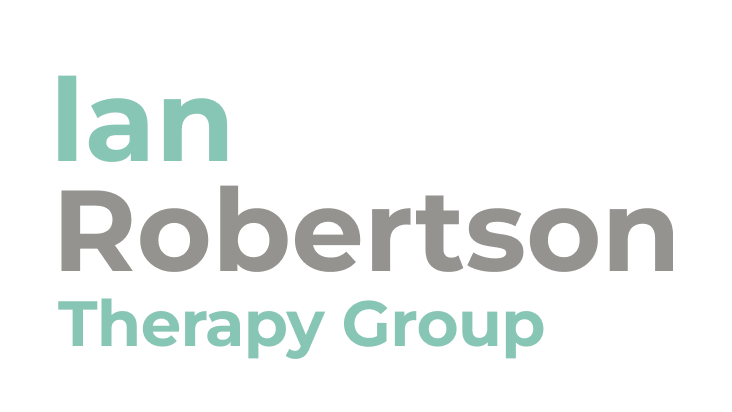Have you ever been in a workplace environment, such as a morning meeting, where you observe your colleagues displaying awkward sighs or their eyes when you speak? Have you later discovered that these colleagues gather in offices to engage in gossip-filled conversations about you or another colleague?

Matthew Feinberg, a professor of organizational psychology from the University of Toronto, has conducted research that has led to two important findings:
- “In this way, gossip is how a person’s reputation precedes them, for better or worse.”
- “You learn a lot about what others might expect of you when they complain about a third person behaving in certain ways.”
All of these behaviors contribute to what we refer to as ‘triangulation.’ Triangulation involves a three-pronged approach that erodes relationships.
Here’s what typically occurs:
- Instead of confronting a disliked colleague directly, another colleague complains about them to me.
- As a result of this gossip, I develop a negative perception of this employee, even if I didn’t have any issues with them before the complaint.
The impressions, perceptions, and attitudes of employees towards the workplace environment are directly influenced by what they hear from others. This means that gossiping about colleague A to colleague B will influence colleague B’s perception of colleague A. As this perception becomes more reinforced through ongoing gossip with others, it becomes deeply ingrained in the organizational culture and challenging to change.
It’s important to note that triangulation is not always intended to be malicious. Some individuals struggle with confronting others due to avoidant personalities, while others are ‘people pleasers’ who fear hurting others’ feelings. However, it’s crucial to understand that triangulation falls under the spectrum of covert to overt workplace bullying.
Triangulation undermines trust, safety, and inclusivity within a team. It has a significant impact on the team culture and collective spirit, eroding safety, generating a closed system where some individuals feel unable to speak up, and hindering meaningful, positive, and productive dialogue.

As a professional within an organization, what can you do?
- Be the bigger person
- Break the habit of unhelpful triangulation. Be professional, ethical, and mindful of how you discuss colleagues with others, keeping discussions strictly professional.
- Distance yourself from negative gossip
- When a conversation veers into negative gossip about another colleague, maintain your professionalism and avoid actively participating. Set clear boundaries with gossipers and refuse to engage in triangulation.
- Address triangulations appropriately
- Develop the skills to approach triangulated encounters with objectivity and professionalism.
- If there are concerns or conflicts, encourage individuals to directly communicate with the person involved.
- If drawn into a triangulated conflict, advocate for the concerned party to address the issue directly with the person they have a conflict with.
- Refrain from participating in the disruptive triangulation of another employee.
- Suggest seeking the assistance of an impartial mediator if an employee cannot directly approach the person they have a conflict with.
- Communicate to all colleagues that speaking negatively about absent individuals is against your boundaries.
Be Well,
Ian.











